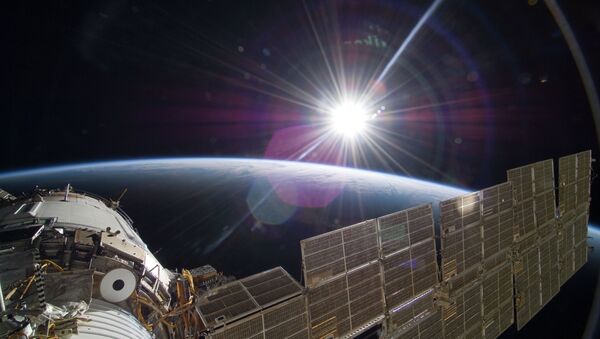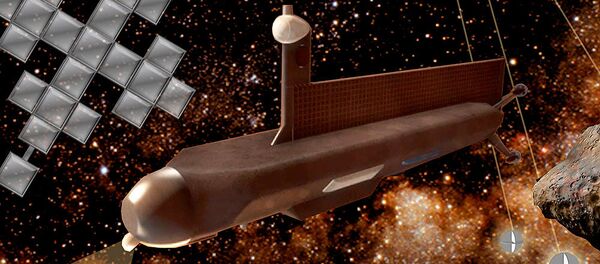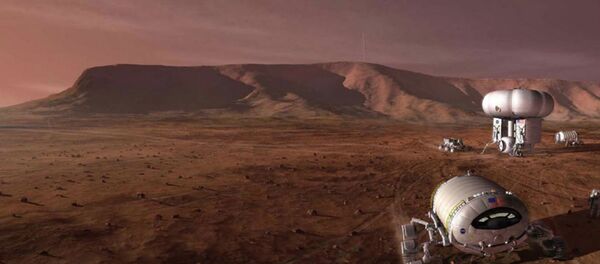WASHINGTON (Sputnik) — Astronauts and test pilots Robert Behnken, Eric Boe, Douglas Hurley and Sunita Williams will work with The Boeing Company and SpaceX to develop crew transportation systems, according to NASA.
“I am pleased to announce four American space pioneers have been selected to be the first astronauts to train to fly to space on commercial crew vehicles,” the press release said.
NASA called the move the latest major milestone in the plan of the administration of the President Barack Obama to transport astronauts to space, create more jobs and end the US reliance on Russia for space travel.
“This is a new and exciting era in the history of US human spaceflight," NASA’s Johnson Space Center Director of Flight Operations Brian Kelly said.
In May 2015, NASA’s Commercial Crew Program office granted the Boeing Company permission to launch its astronaut crew capsule to the International Space Station in 2017.



